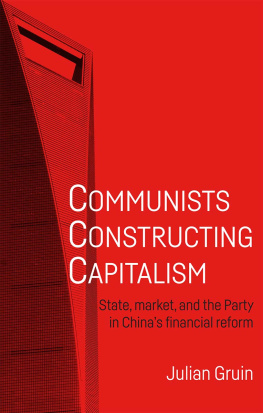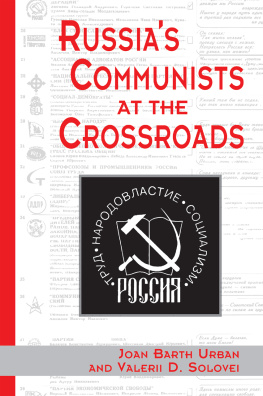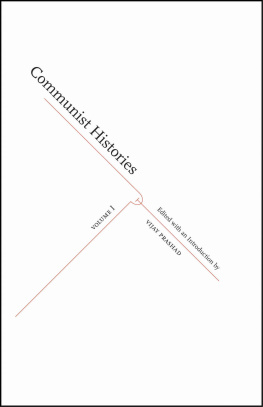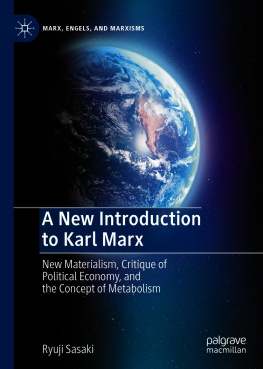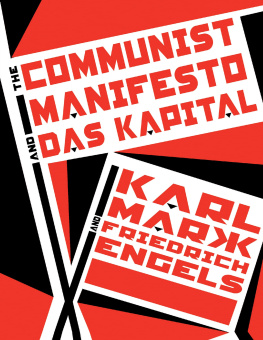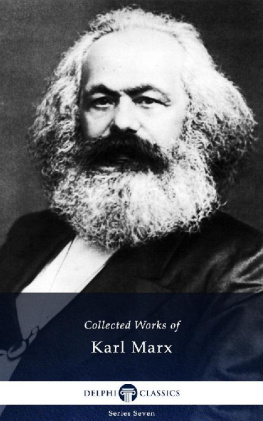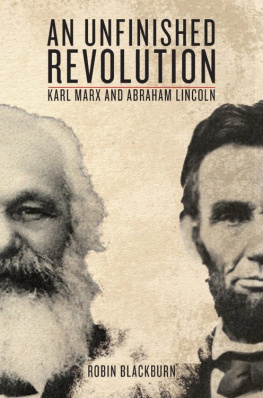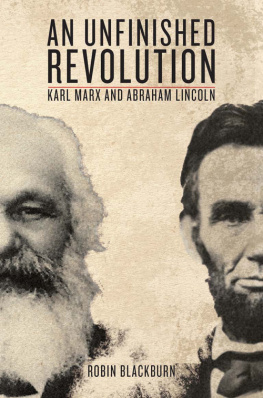Group of International Communists
From each according to his ability,
to each according to his needs!
Group of International Communists
From each according to his ability,
to each according to his needs!
2021 Hermann Lueer (Editor/Translator)
herluee@yahoo.com
Red & Black Books
Bordesholmer Strae 22
22143 Hamburg, Germany
Cover: Niki Bong
mail@bongolai.de
ISBN 978-3-9822065-7-8
" There is no point in discussing "federalism or centralism" if youdon't first show what the economic basis of this "federalism" orthis "centralism" will be. In reality, the forms of organization of agiven economy are not, on the whole, arbitrary forms, they are derived from the principles of that economy itself.
Therefore, it is insufficient to present the economy of communismonly as a negation of the capitalist system: no money, no market,no private or state property. It is necessary to present its positivecharacters, to show what the economic laws will be, that will triumph over those of capitalism. If one proceeds in this way, it is verylikely that the alternative "federalism or centralism" appears to bethe wrong question. "
Henk Canne Meijer
Foreword by the editor
"From each according to his ability, to each according to his needs!"1
This certainly most famous quotation of Karl Marx became the epitome of the communist society, in which Marxists and anarchists can unite until today. At the same time, the greatest misunderstanding, or rather the most fundamental revision of Marx's critique of political economy, is connected with this guiding principle.
Marx never distinguished between a socialist transitional phase and communism. For Marx, communism was realized with the successful social revolution, with the abolition of exploitative relations. Marx showed with his analysis of the economic relations that wherever one part of society owns the monopoly of the means of production, the worker, free or unfree, must provide a portion of his labor time to produce luxuries for the owner of the means of production. Only the form in which this additional labor is extorted from the immediate producer distinguishes the economic formations of society.2
As simple as the basis of the domination of the working class is, as simple was for Marx the derivation of the abolition of capitalist wage labor. This abolition can only 1 Karl Marx, Critique of the Gotha Programme, Part I.
2 Karl Marx, Capital, Volume I, p. 164 / 153
happen if the separation between worker and labor product is abolished if the right of disposal over the product of labor and thus over the means of production again belongs to the workers. In the association of free people, in which work with the means of production is done in common, in which the labor power of all the different individuals is consciously applied as the combined labor power of the community, the communally exercised disposition of the results of production by the free producers is the essential determination of communist society.3
For this, contrary to the opinion of most of the Marxists who refer to Marx, there is no need for a long and complicated path under the leadership of the party to reach, as Lenin put it, even the lowest stage of communism.
On the contrary, "state communism" lacks from the outset the economic foundation on which to realize its ideal of the withering away of the state. With the nationalization of the means of production in the name of the people, wage labor is not abolished. Socialization of the means of production which does not at the same time abolish the separation between worker and labor product misses the goal since it maintains the exploitative relationship associated with wage labor. It lacks the fundamental economic basis of communist society, which enables the members of society to determine for themselves their working time and consumption that is, 3 Karl Marx, Capital, Volume I, p. 51,
what they want to have and how they want to work according to their individual weighing of effort and return.
Marx and Engels were not idealistic utopians who imagined a better world beyond the economic preconditions.
They knew that the realm of freedom begins only where the work determined by necessity and external expedi-ency ends; it lies, therefore, by its very nature beyond the sphere of actual material production. For Marx and Engels, however, communism was also not a project on the distant horizon of human history, when the productive forces have developed to such an extent that the realm of necessity has largely been overcome. For them, therefore rules on which all social labor must be based were indispensable for the planning of communist production following the social revolution. People cannot live in a community based on the division of labor and be free from it at the same time. Free producers, therefore,
"cannot arbitrarily dispose of the means of production as do the "free producers" under capitalism (the factory owners or leaders). If the disposition is arbitrary, then there can be no question of communal disposition."4
Fifty years before Ludwig von Mieses had to enlighten the majority of Marxists that the abolition of the money measure without replacement is tantamount to the abolition of rationality in the economy, Marx and Engels al-4 Group of International Communists, Fundamental Principles of Communist Production and Distribution, Red & Black Books 2020, p 25
ready knew that with the help of the labor-time calculation the individual desire to consume and the individual willingness to work can be brought into the social planning process. "The useful effects of the various articles of consumption, compared with one another and with the quantities of labor required for their production, will, in the end, determine the plan. People will be able to manage everything very simply, without the intervention of much-vaunted value." 5 Only on this basis can the collectively exercised disposition of the means of production by the free producers be transformed from phrase to reality. That is, everyone can determine his own working time and consumption. In terms of content, the working time calculation is nothing other than the factual reconciliation of the division of labor carried out in the common planning.
With the labor-time calculation the bourgeois legal horizon in principle is inevitably connected, since "the right of the producers is proportional to the labor they supply; the equality consists in the fact that measure-ment is made with an equal standard, labor."6 This bothers many Marxists and anarchists, like holy water does the devil. However, the intellectual-philosophical dispute as to whether the labor-time calculation is only a transitionalform to complete community and free use of social resources, and thus whether the narrow bourgeois legal horizon can be completely transcended, is not relevant to the decision 5 F. Engels, Anti-Dhring, Part III: Socialism, IV. Distribution 6 Karl Marx, Critique of the Gotha Programme, Part I.
of the majority of people. Based on the labor time calculation, the majority of the world population would have already won in comparison to the capitalist production relations, despite the "inevitable bourgeois legal horizon" .
The same right is here still in principle the bourgeois right, but with fundamentally different content. The regulation of production and consumption through the calculation of working time no longer permits class distinc-tions, and whether individual labor is socially recognized is no longer determined behind the backs of the members of society in the competition on the market but is already determined with the common planning.
Next page

